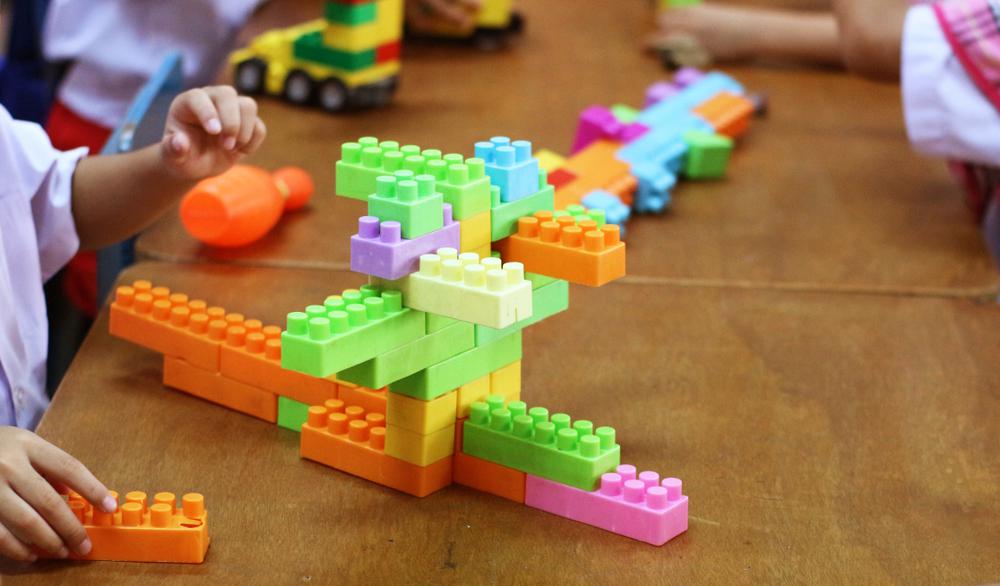Reading comprehension Extra Challenge Worksheets for Ages 4-8
68 filtered results
-
From - To
Introducing our "Reading Comprehension Extra Challenge Worksheets" designed specifically for children ages 4-8! These engaging and fun worksheets provide an excellent opportunity for young readers to enhance their comprehension skills. Through a variety of carefully crafted activities, your child will explore diverse texts, answer thought-provoking questions, and develop critical thinking abilities. Perfect for parents and educators, these worksheets cater to different learning styles, ensuring every child can participate and learn at their own pace. Elevate your child's reading skills and foster a love for literature with our innovative and interactive reading comprehension challenges today!
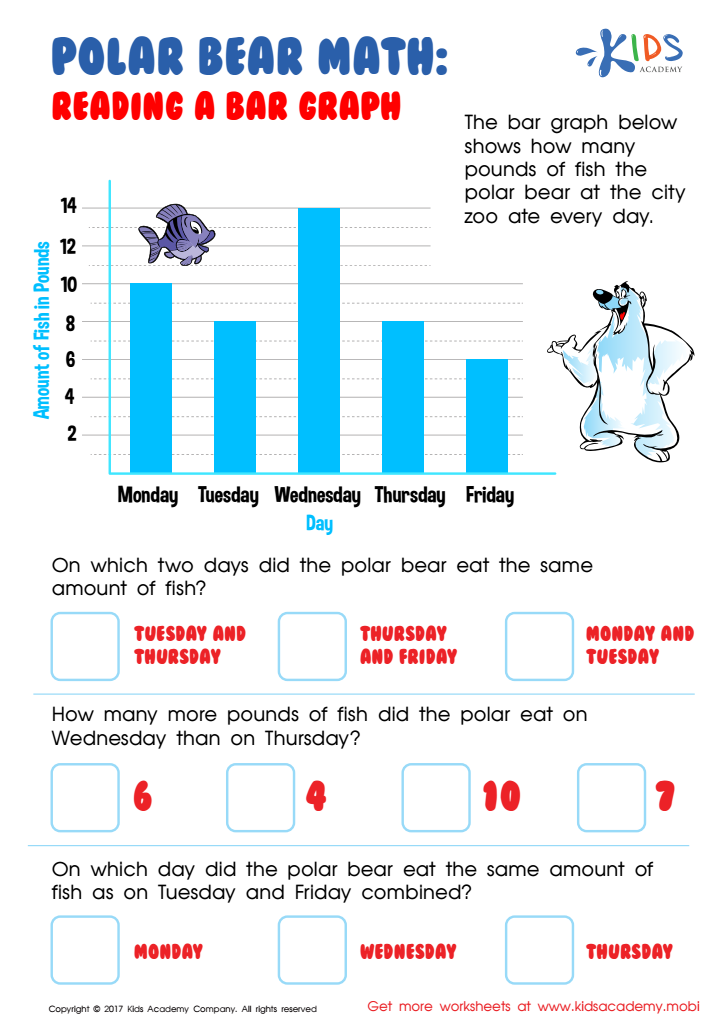

Reading Bar Graph Worksheet
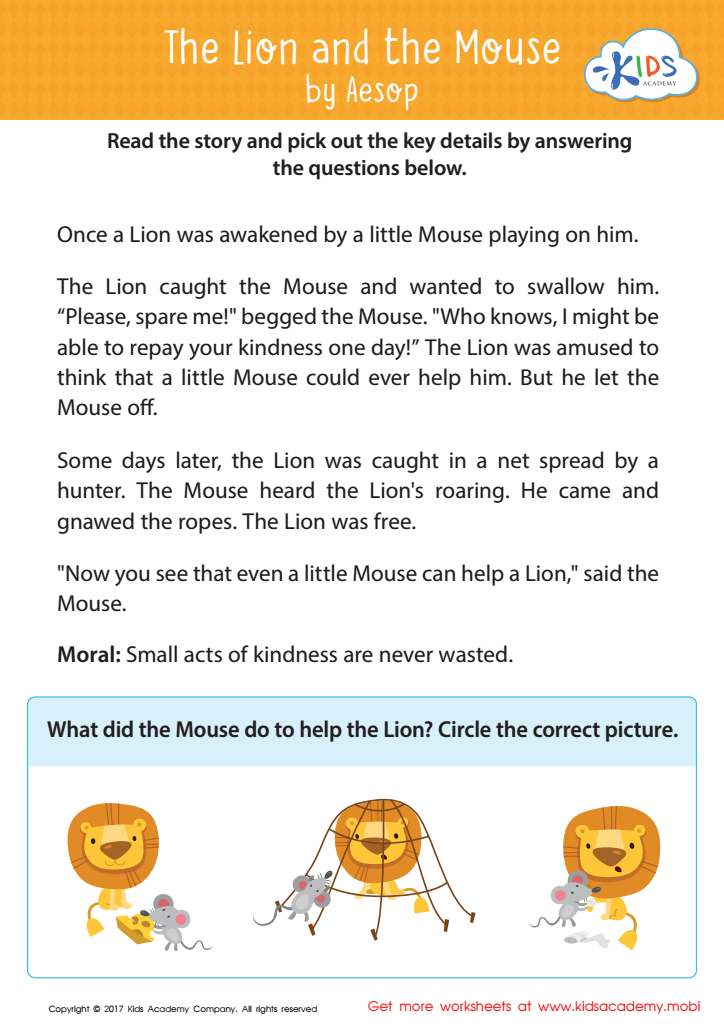

The Lion and The Mouse Sequencing Worksheet
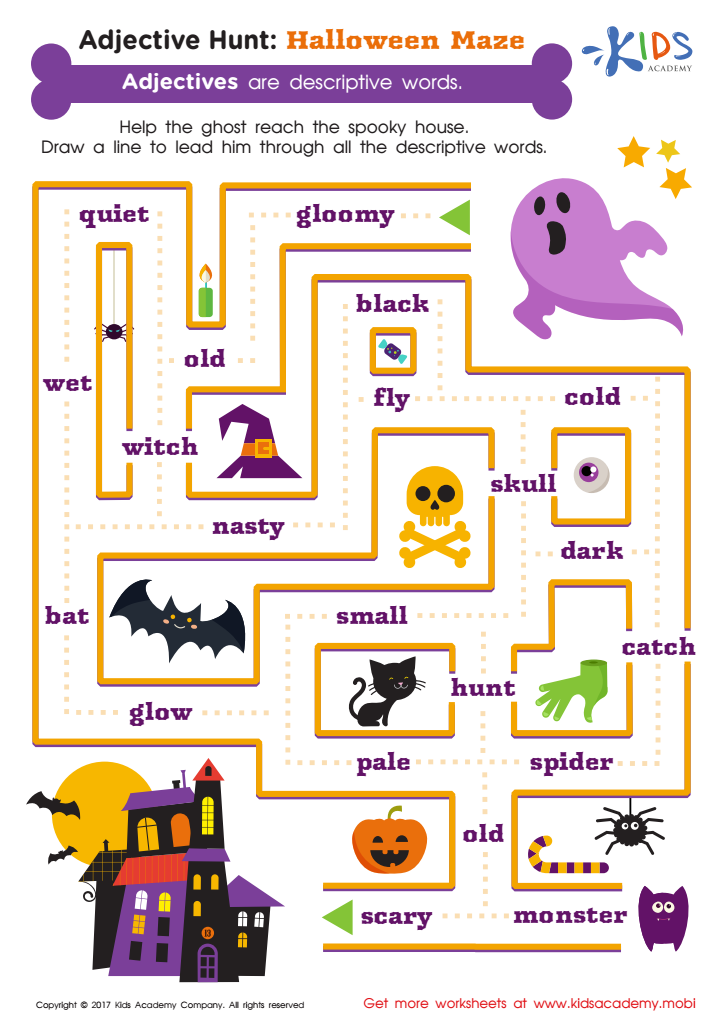

Adjective Hunt Printable
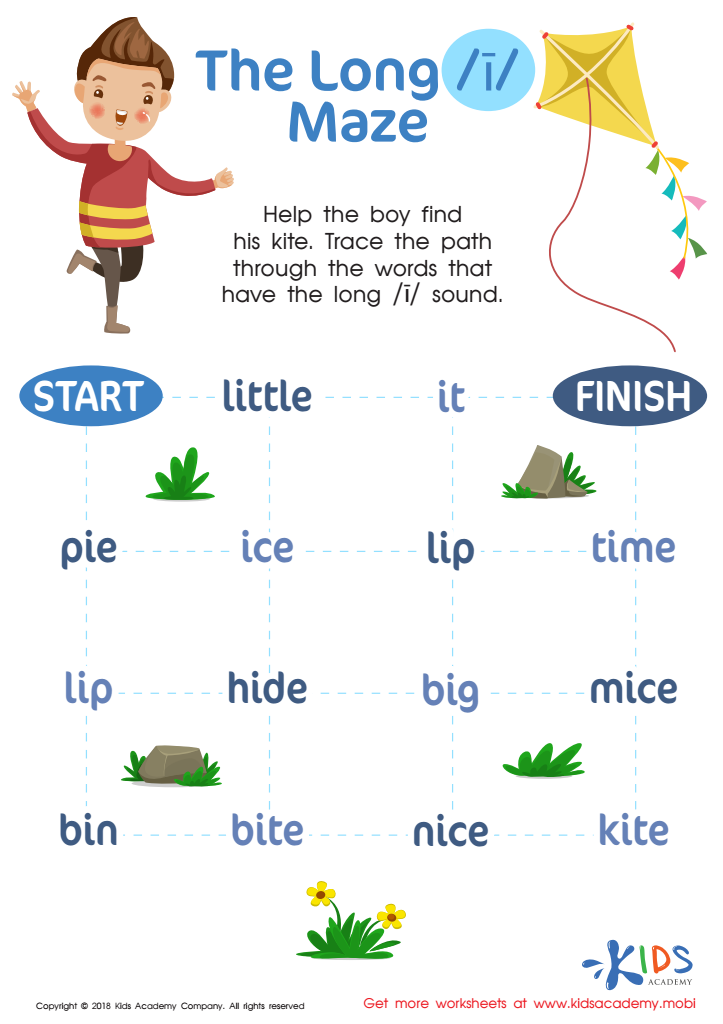

The Long I Maze Reading Worksheet
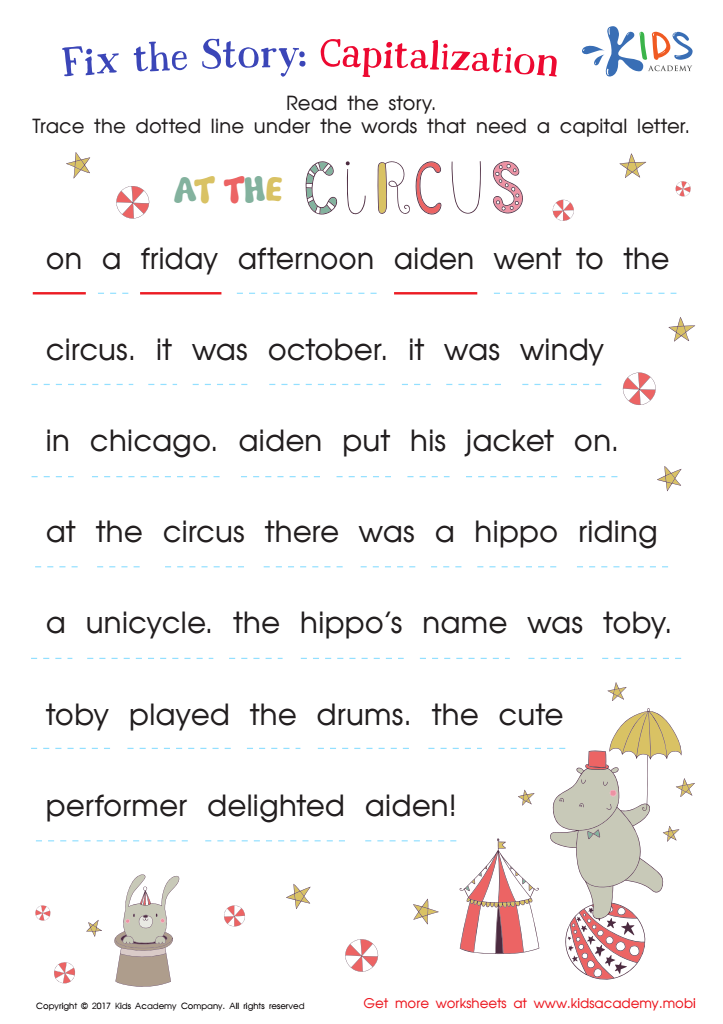

Capitalization: Fix the Story Worksheet
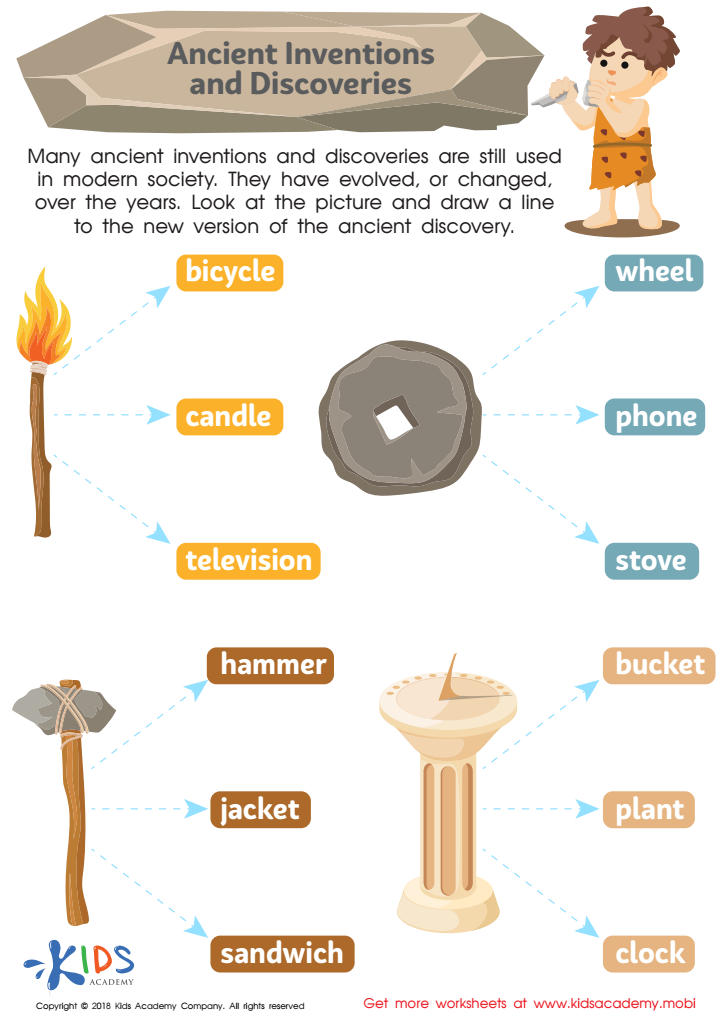

Ancient Inventions and Discoveries Worksheet
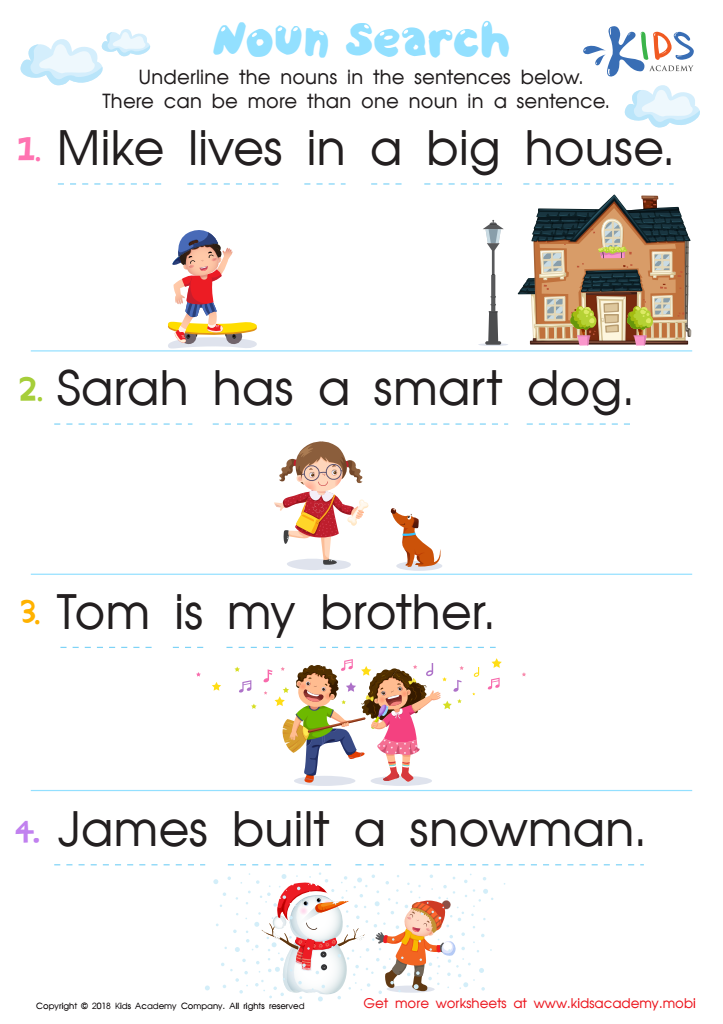

Noun Search Worksheet


Baa Baa Black Sheep Printable
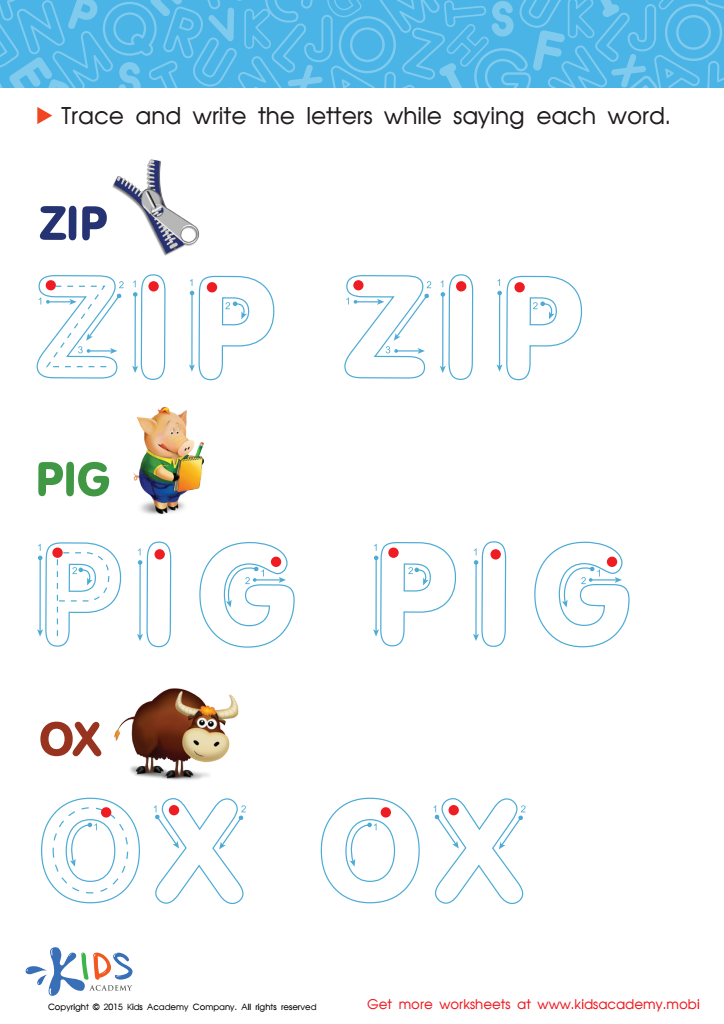

A Zip, a Pig and an Ox Spelling Worksheet
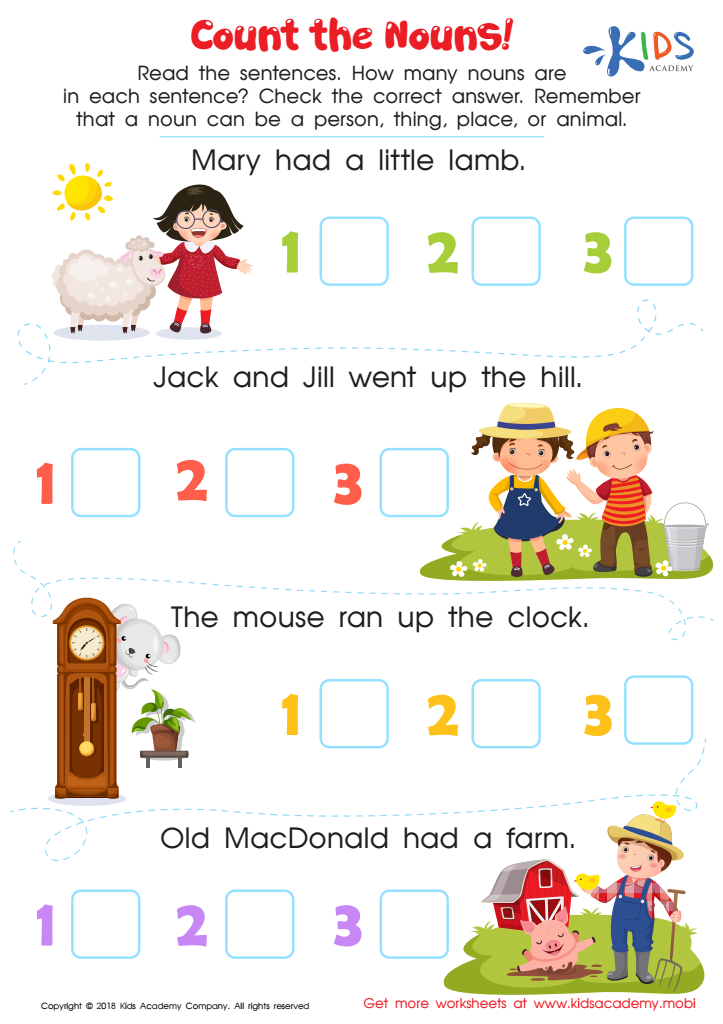

Count the Nouns Worksheet
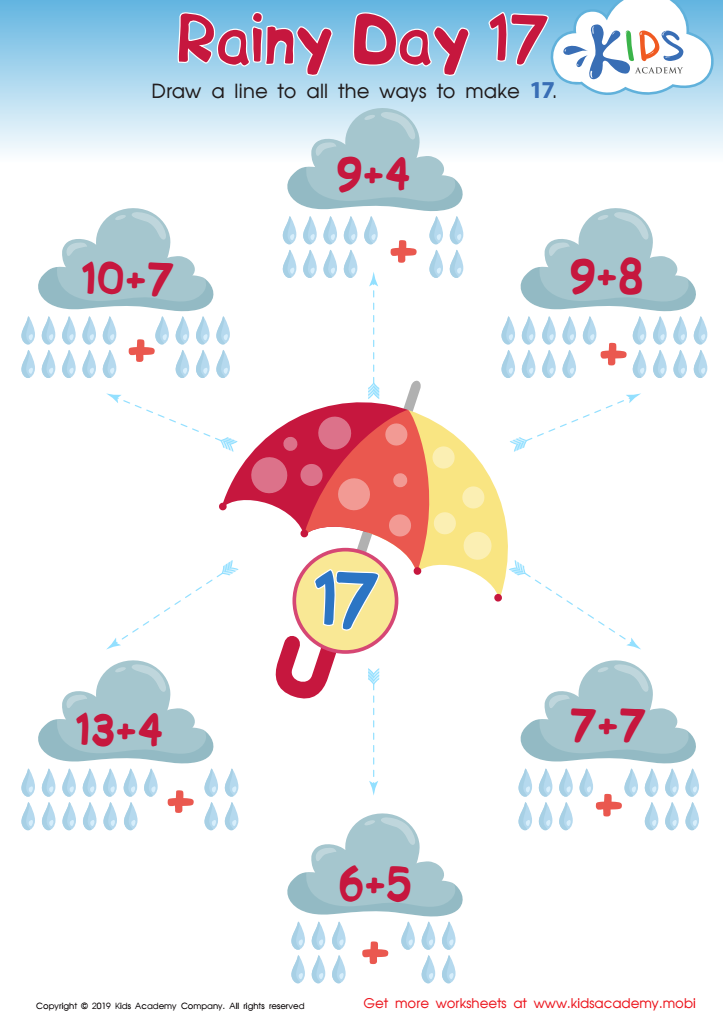

Rainy Day 17 Worksheet
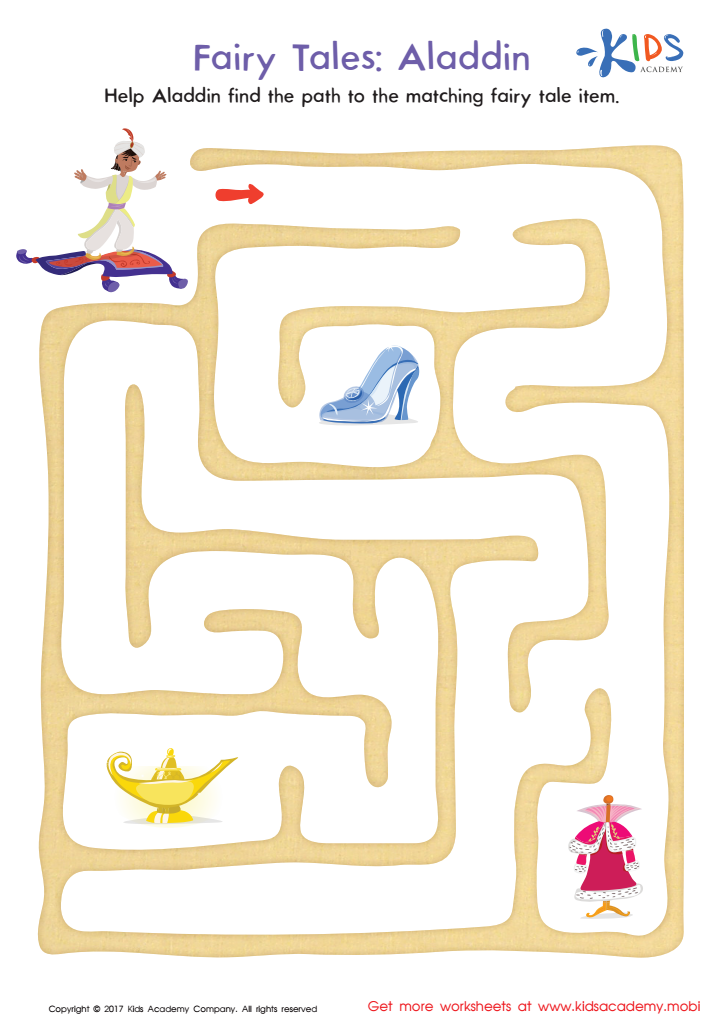

Fairy Tales Aladdin Printable
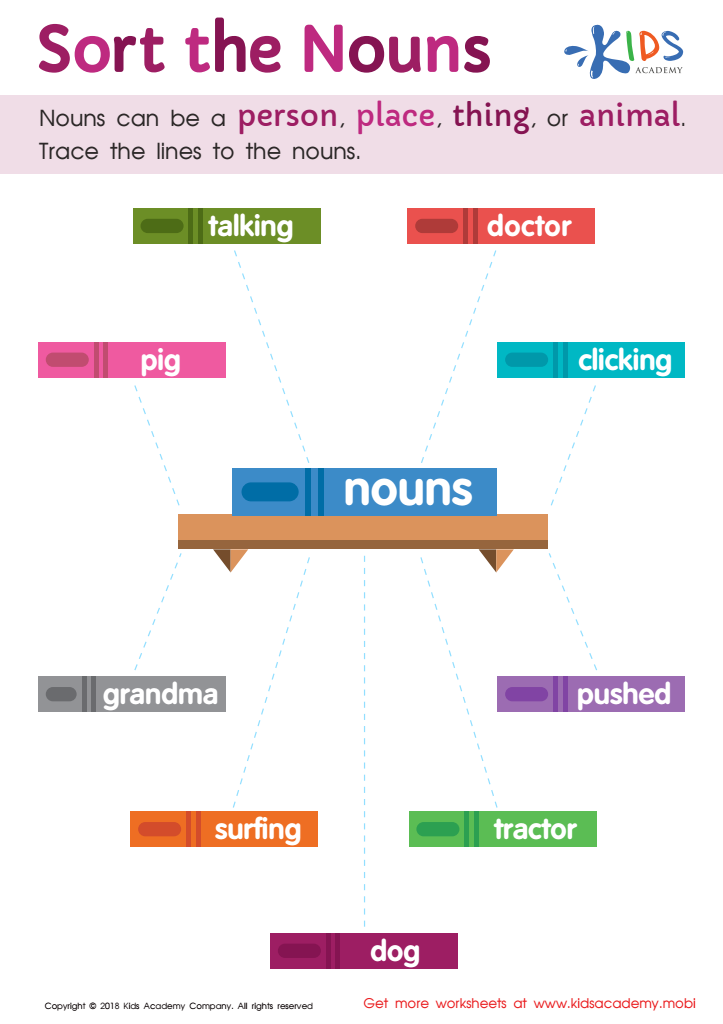

Sort the Nouns Worksheet
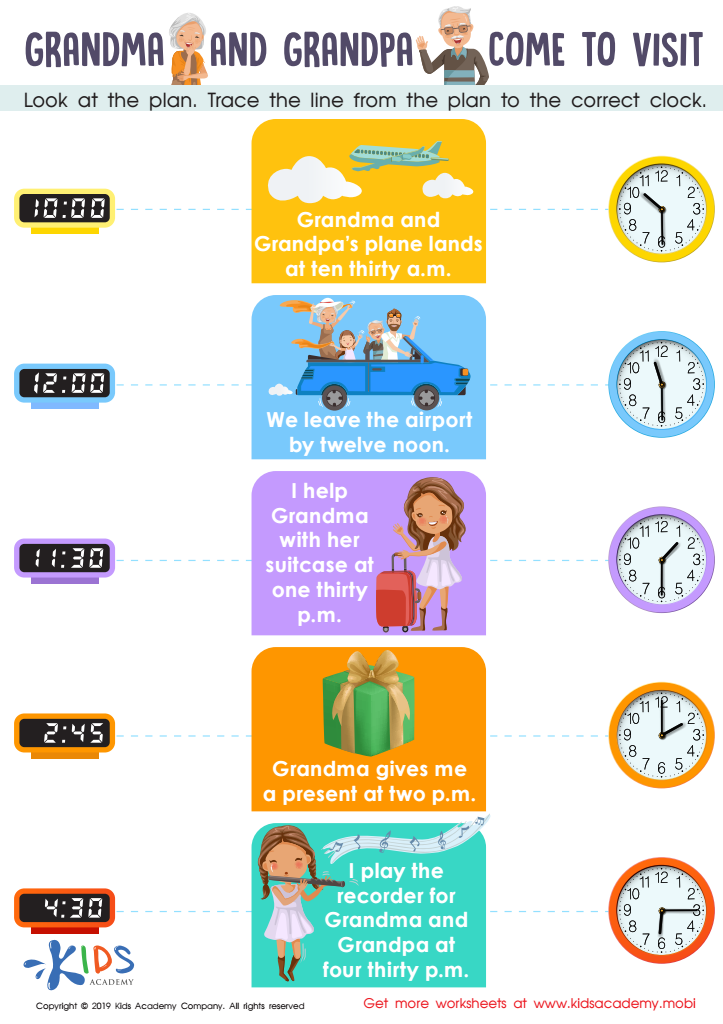

Grandpa and Grandma Come to Visit Worksheet
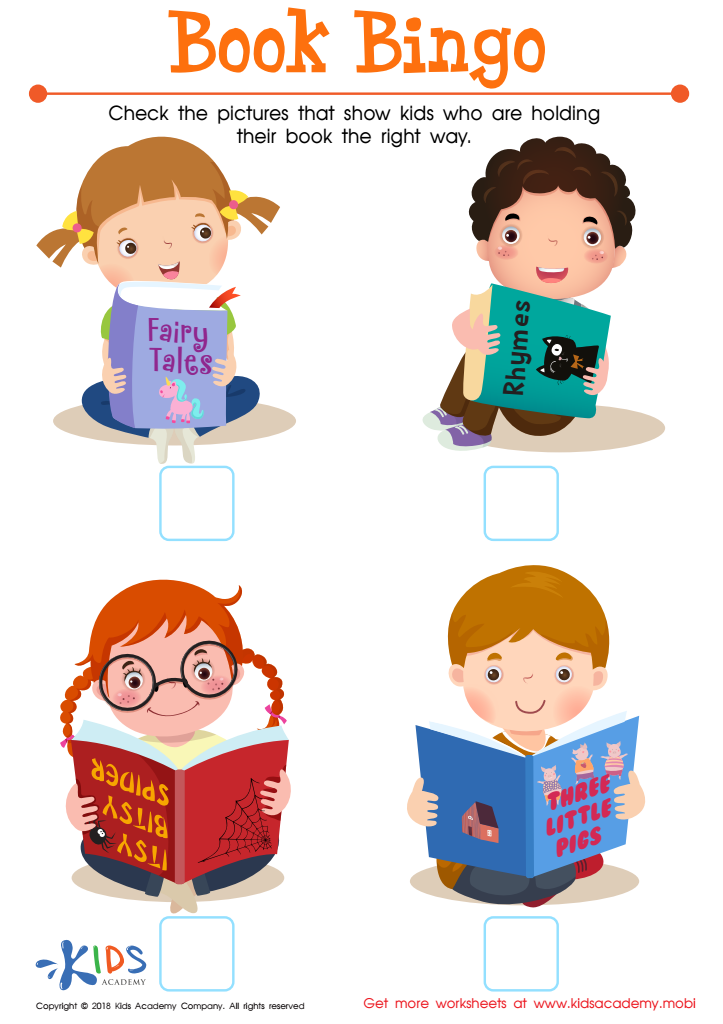

Book Bingo Worksheet
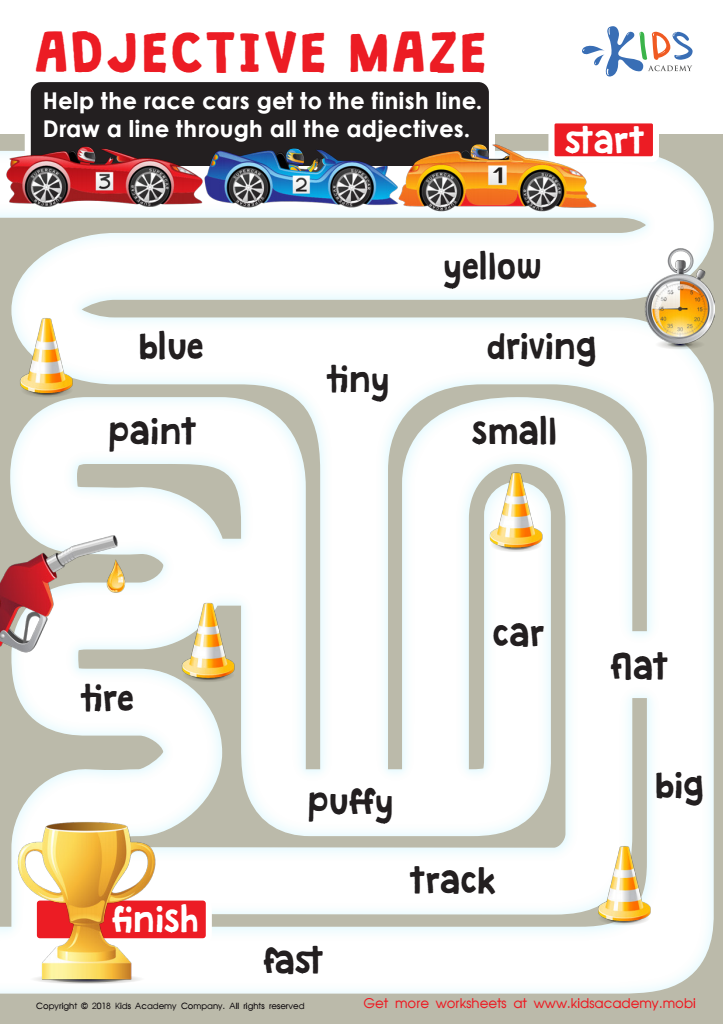

Adjective Maze Worksheet
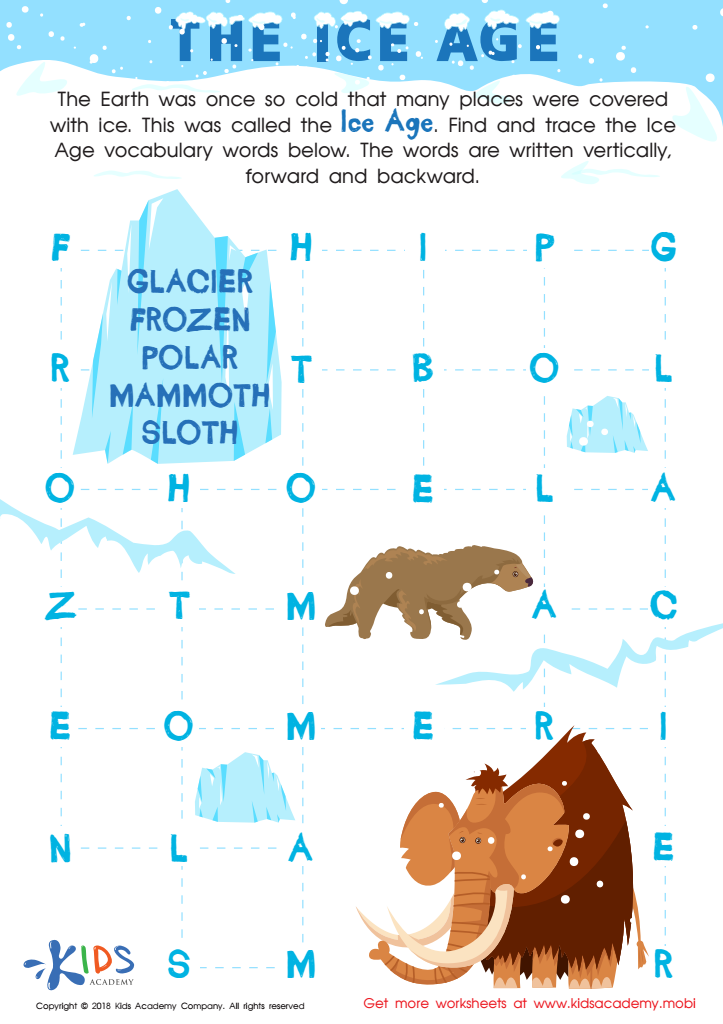

The Ice Age Worksheet
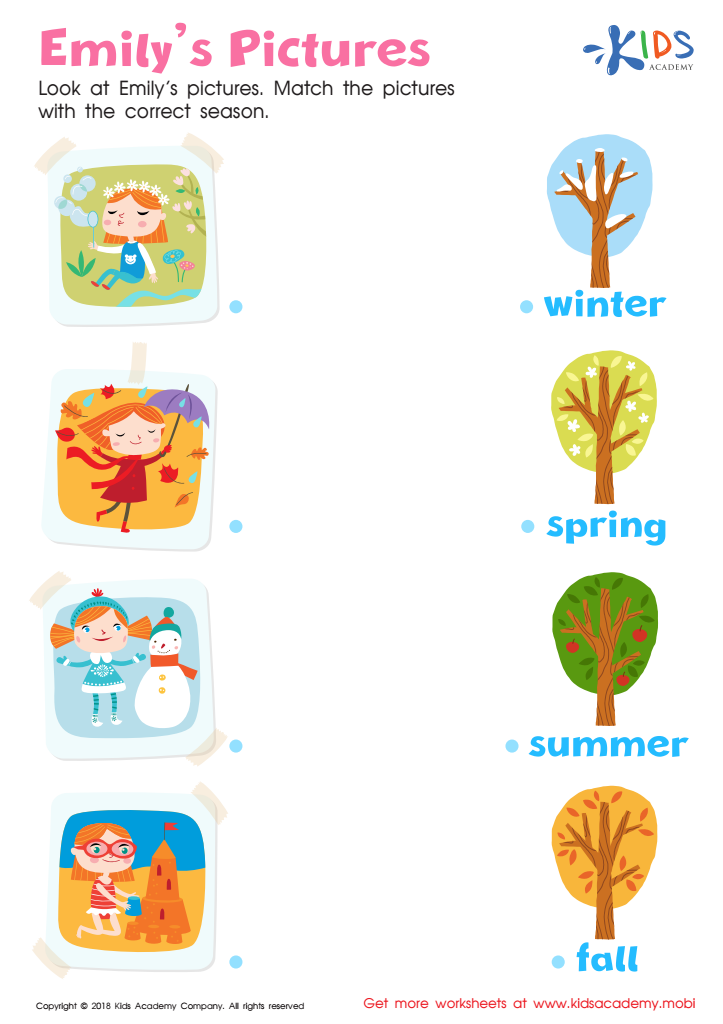

Emily's Pictures Worksheet
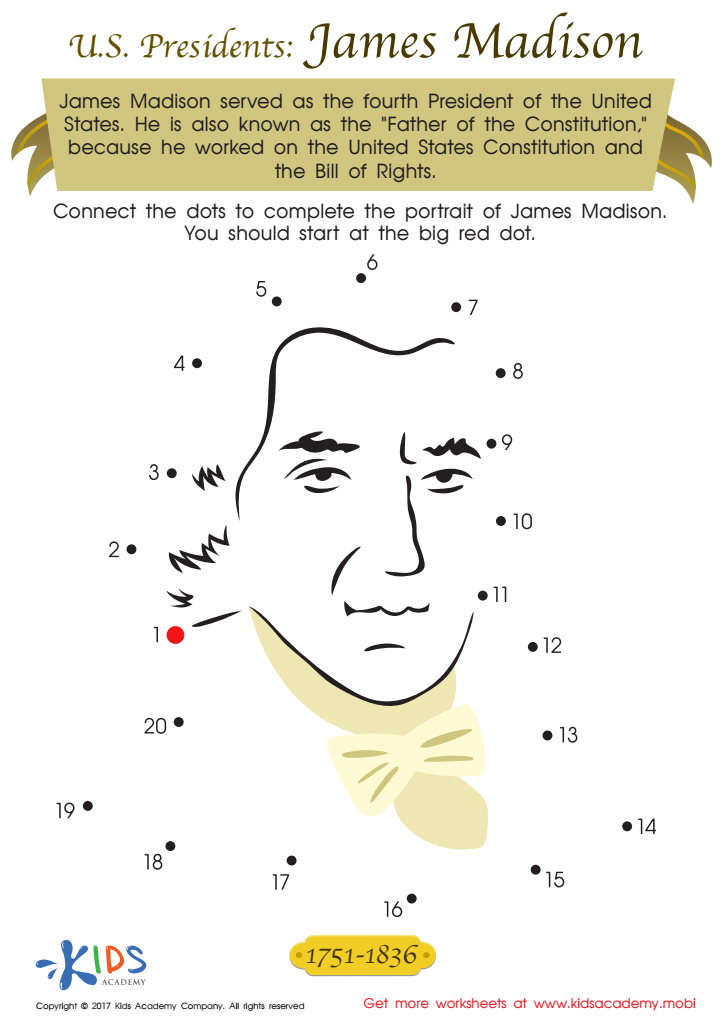

President Madison Printable
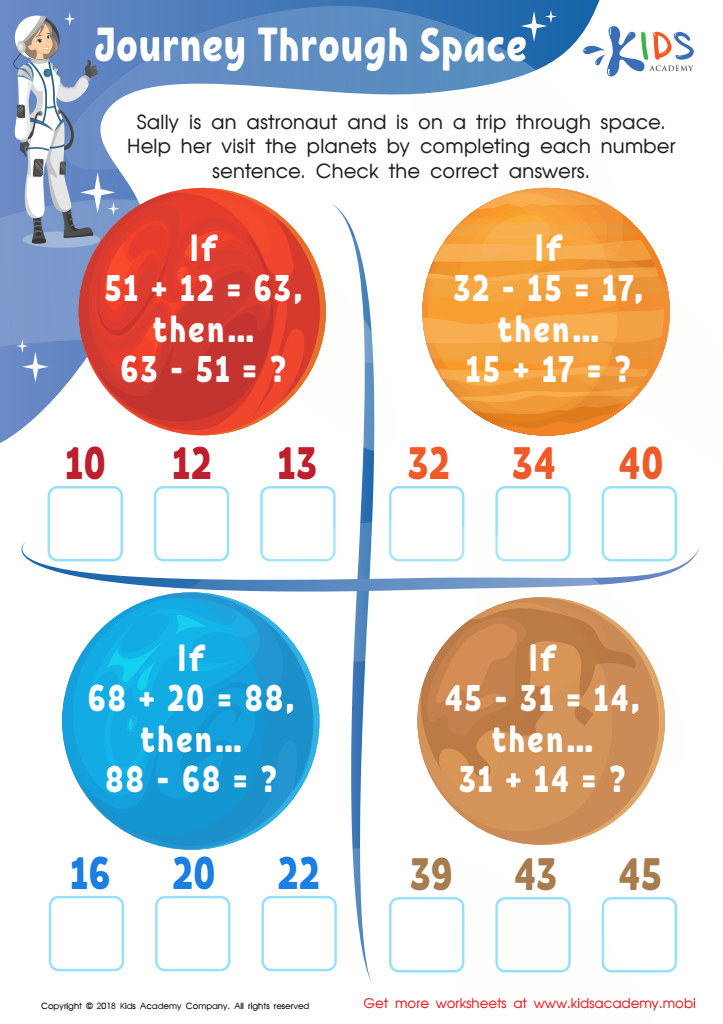

Journey Through Space Worksheet
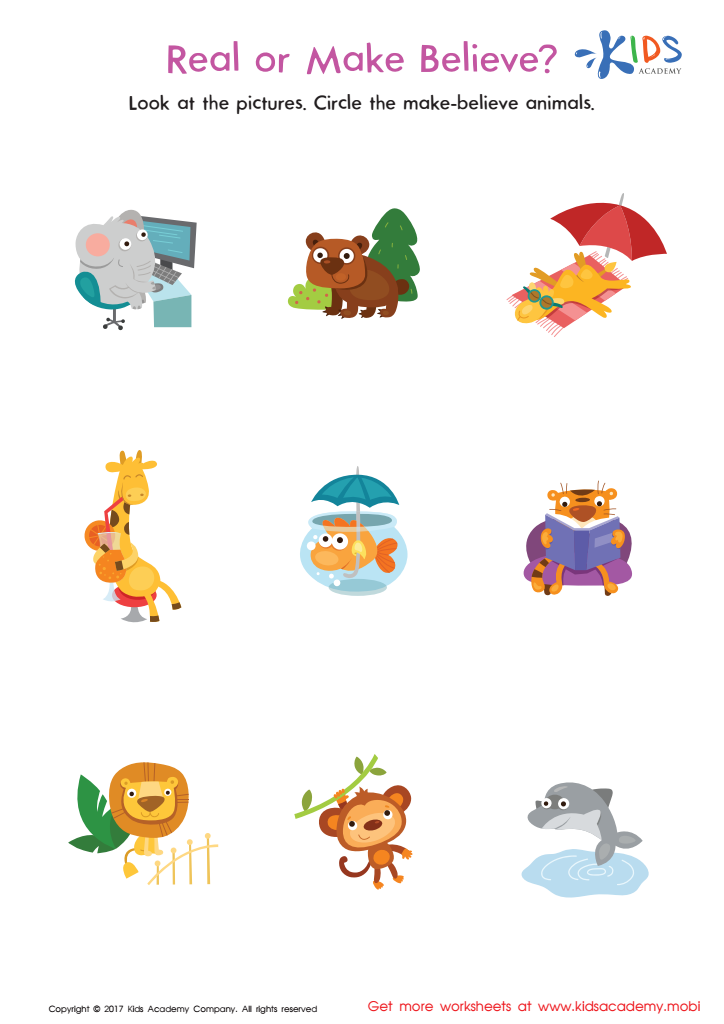

Fact or Make Believe Worksheet
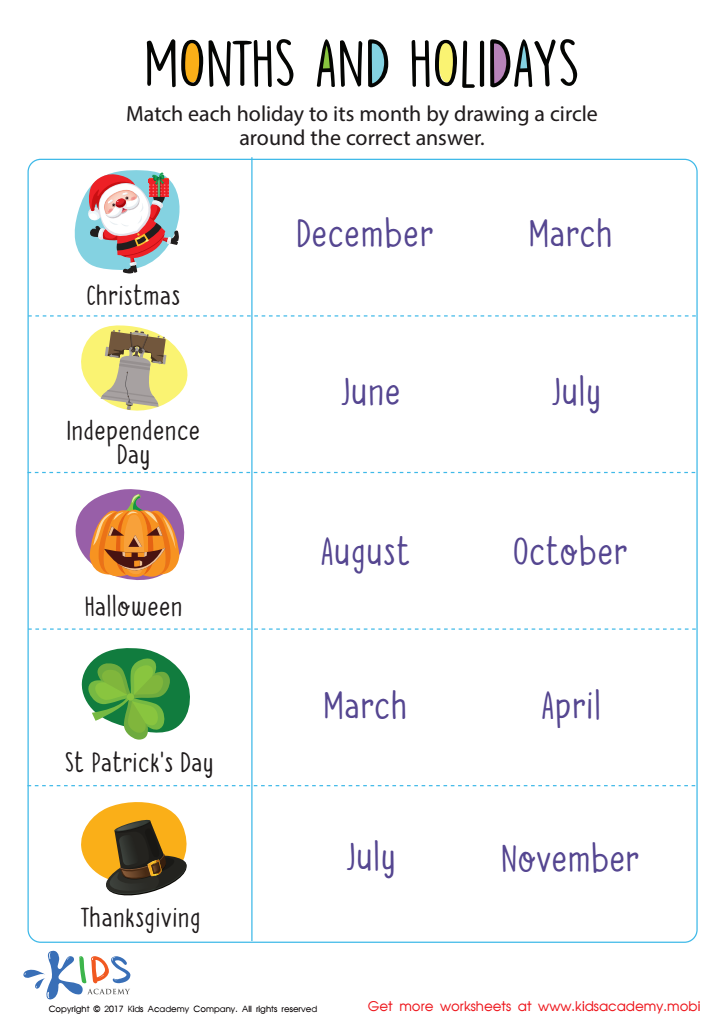

Months and Holidays Worksheet
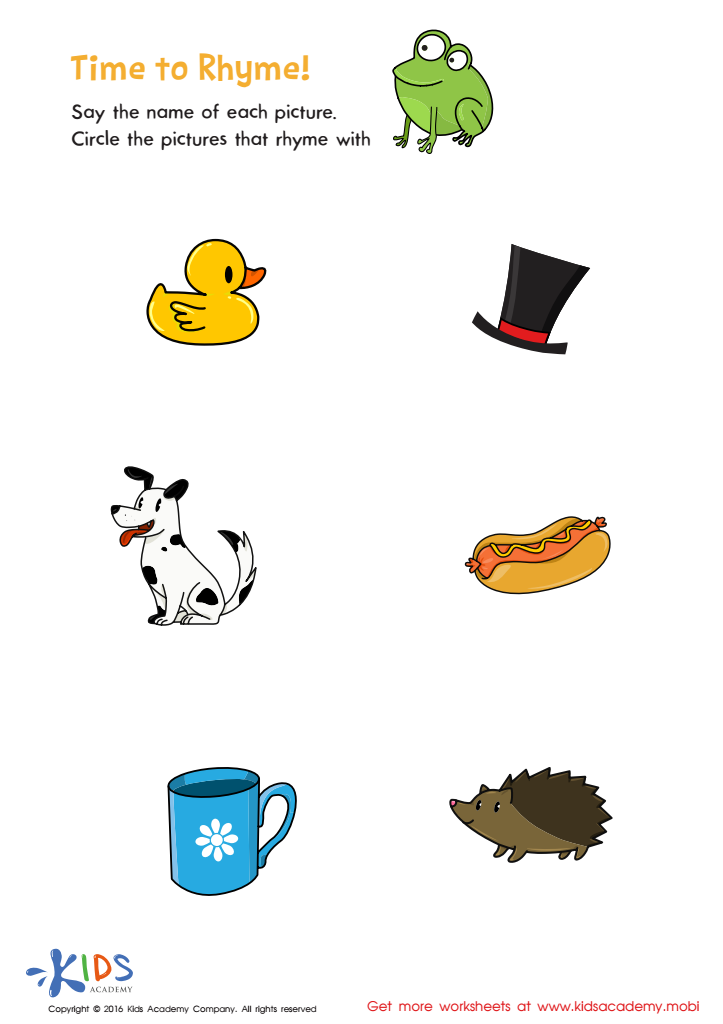

Rhyming Worksheet: Time to Rhyme Rhyming Worksheet
Reading comprehension is a cornerstone of effective learning and essential for children's overall academic success, particularly for ages 4-8 when foundational skills are developed. By engaging with Reading Comprehension Extra Challenges, parents and teachers can provide enriching experiences that go beyond basic reading skills. These challenges not only stimulate critical thinking and analytical skills but also encourage children to ask questions and make inferences, strengthening their understanding of texts.
When children excel in reading comprehension, they gain confidence, fostering a love for reading that extends to other subjects. Furthermore, comprehension skills are pivotal for future learning; students with strong understanding can better access information across subjects, leading to improved performance as they progress through their education.
By incorporating these extra challenges, adults can also facilitate meaningful discussions about characters, themes, and ideas, which nurtures verbal and social skills. Additionally, these practices align with early literacy standards, ensuring children are well-prepared for more complex reading tasks as they grow. Ultimately, prioritizing reading comprehension challenges supports holistic development, laying a solid foundation for academic success and lifelong learning in children.
 Assign to My Students
Assign to My Students



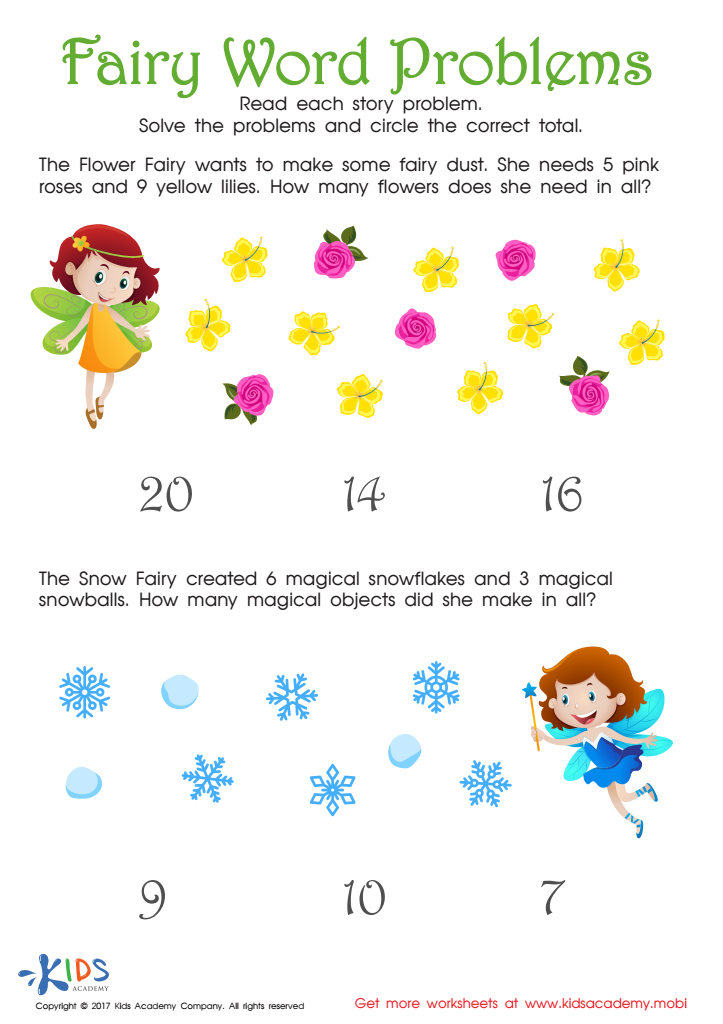



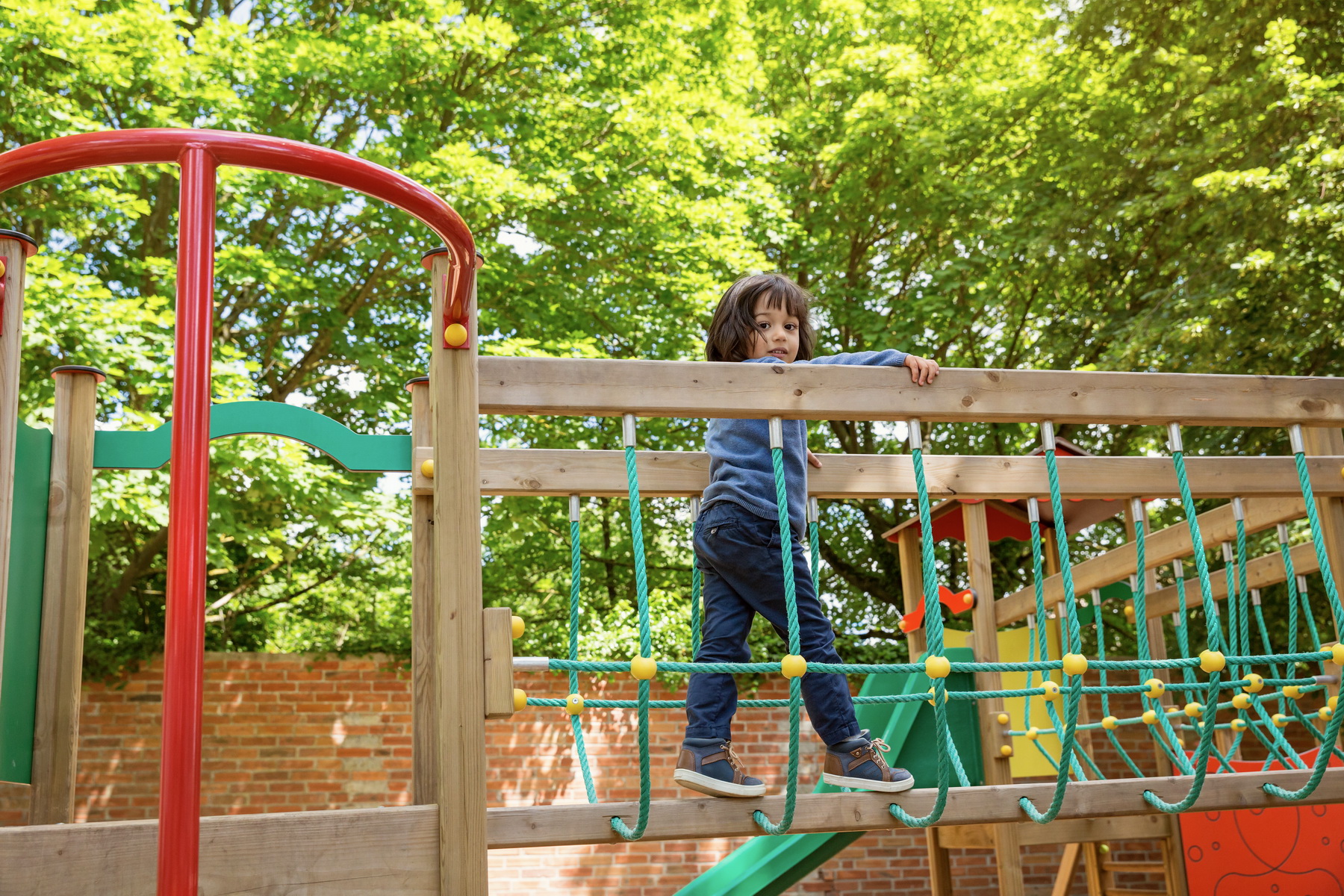
.jpg)


